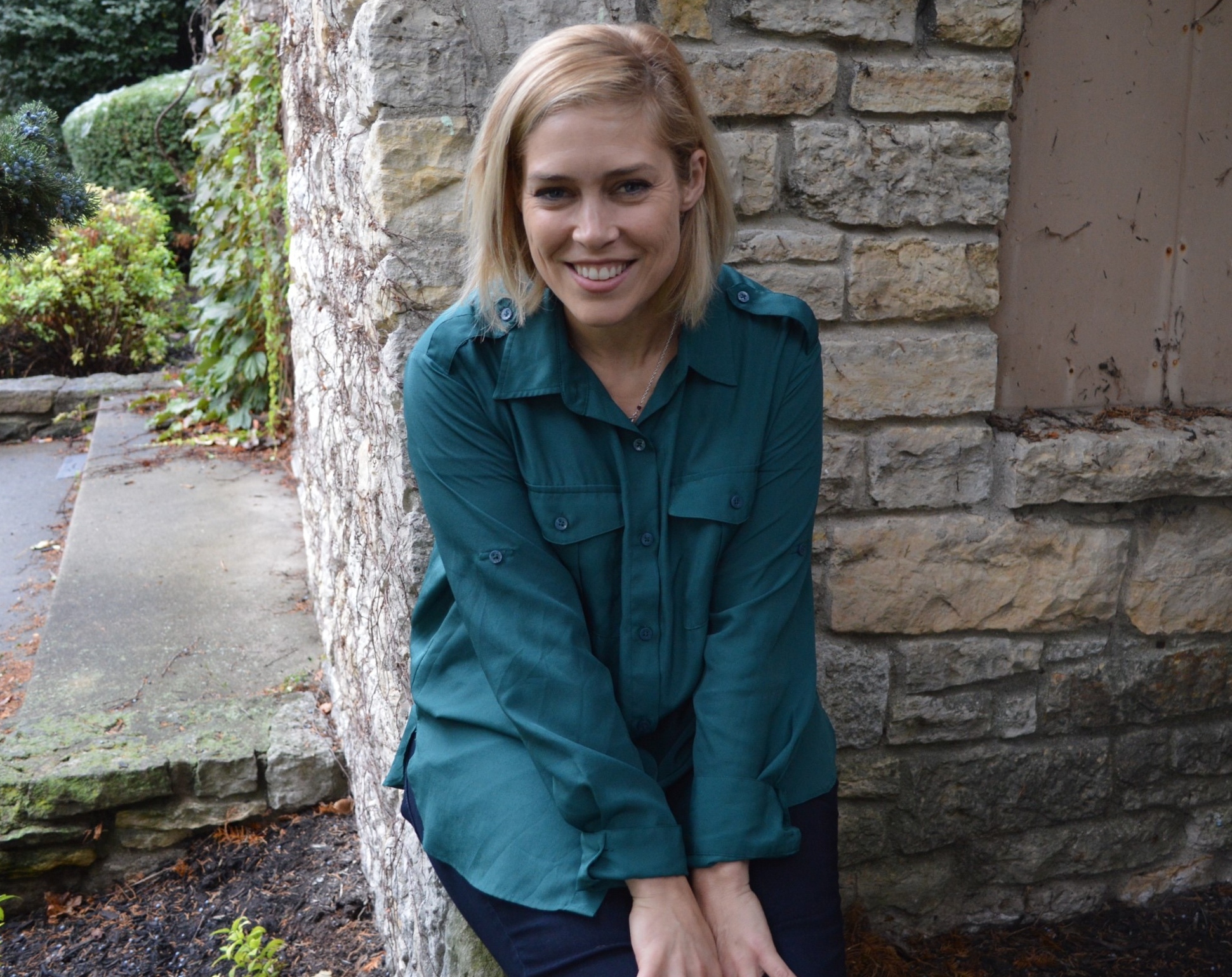Understanding 'Faith, Hope, and Love' in 1 Corinthians 13:13
Share

“And now these three remain: faith, hope, and love. But the greatest of these is love.” – 1 Corinthians 13:13
The beauty and weight of these words settles like a warm blanket over the complexity and confusion of our everyday lives. They are read as a blessing at wedding ceremonies and printed on cards at Valentine’s Day. While Scripture can bring comfort like nothing else, may God help us not to merely snuggle up with words that were meant to change us.
This short verse contains so much wisdom for our world that it can be held up like a diamond and studied from several facets. I came to this article having thought through one of those facets already, a facet that I thought got at the heart of things. And I will share that briefly.
In studying the text this time, however, I saw another reason for the superior greatness of love, which I will spend the most time sharing. You could no doubt turn the diamond again to see yet another way to respond to this Scripture.
The Importance of Faith, Hope, and Love

But now abideth faith, hope, love. These three shall survive. They are eternal. They continue to exist in the church, and shall not fail in its glorified state. As long as the redeemed saint shall have future ages before him, so long will trust in God and hope give them brightness, while love itself is the very atmosphere of the divine life. The greatest of these is love. The greatest because it glorifies both faith and hope, sanctifies every faculty and Christian grace, is the very moving impulse of the gospel, and is the one quality that is divine. "God is love." (excerpted from Wesley Explanatory Notes)
What is the Difference Between Faith and Hope?
First off, let’s clear up the difference between faith and hope. They seem like overlapping concepts. But the way they’re phrased here, as two of the three things that will remain, makes it seem unlikely that they’re synonyms.
Faith, “pistis” in Greek, is defined in Hebrews 11:1. “Faith is confidence in what we hope for and assurance about what we do not see.” Interestingly, hope is part of the definition of faith.
Hope, “elpis” in Greek, can be defined as “joyful and confident expectation of good.” Notice that the word “confidence” is part of both definitions.
Romans 8:23-25 provides a helpful clarification of hope: “…We wait eagerly for our adoption to sonship, the redemption of our bodies. For in this hope we were saved. But hope that is seen is no hope at all. Who hopes for what they already have? But if we hope for what we do not yet have, we wait for it patiently.”
One way of understanding the difference between faith and hope is that faith is a belief in a concrete, yet currently invisible reality, and hope is an attitude about waiting for that reality to become visible.
Christians are in an in-between existence. We’ve been rescued from the Kingdom of darkness and brought into the kingdom of the Son (Colossians 1:13). We are in this world but not of this world (John 17:15-21).
So we look to the age to come, when Christ rules with his perfect wisdom and justice, and when death no longer has even a temporary sting. If your faith is floundering or you are struggling to retain hope, you are not alone. Paul says in Romans 8 that “all creation is groaning” as we wait.
I dare you to read aloud 1 Corinthians 15 all in one go. Speaking the words aloud is a powerful declaration and brings new energy to phrases that we may have heard all our lives.
Photo credit: ©Getty Images/Motortion
Faith and Hope Won't Be Necessary Forever, But Love Will Be

As Paul explains in Romans 8, “Who hopes for what they already have?”
Leading up to the “faith, hope, and love” verse is this statement (13:10): “When completeness comes, what is in part disappears … For now we see only a reflection as in a mirror; then we shall see face to face. Now I know in part; then I shall know fully, even as I am fully known.”
This promise is greater than God’s promise to give us everything we need in this life. It’s greater than the guarantee that “our God owns all the cattle on a thousand hills.” He does. He will take care of us. But our faith is for the day when we will know God as well as he knows us. Scripture directs us to put our hope not primarily in fulfillment in this life, but in the expectation of completeness to come.
Lord, to know you. Father, to see your face. Jesus to sit with you and listen, like Mary did. This is the greatest thing.
Let us fix our eyes on Jesus, who endured so much because of this very joy set before him. Let us model our lives on the faith of the One who pioneered the way. He lived without many comforts and without much acknowledgement. Now he lives as a reigning King in perfect and constant communion with the Father. He has got it really good now, and he’s preparing a place for us to join him. That is the hope that remains with us even when everything else is gone.
But guess what? When completeness comes, we won’t need help waiting for it anymore. We won’t have to believe in something we can see when we can see it. Therefore, we won’t need faith. We won’t need hope to keep our hearts from despairing when we are with the very presence of Jesus.
Love, however, is a different story. John says that “God is love” (1 John 4:16). No aspect of God’s character has ever changed nor will it ever change. Therefore, love remains as surely as God himself remains the same person he ever has been.
Photo credit: Unsplash/Ümit Bulut
Why Love is The Greatest

Paul had seen in the Corinthian church that they had a lot of faith and a lot of zeal. And he commended them for that, but he also cautioned them. All these acts of faith—speaking in tongues, performing signs and wonders, and even giving to the poor—were not sufficient or even beautiful without love. They sounded like clanging cymbals and came to nothing.
Only when these things are done with the undergirding of love can they be offered as a worthy sacrifice to a God who is love.
If Paul needed to caution the Corinthians about this, I’m sure he needs to say something to Christians today as well. Consider the image of a grouchy, sour nun who serves in a church school. She looks much older than she is because she wears a frown most of the time. The kids are scared of her, and she drudges through the lessons without a glimmer of joy.
This nun has given her life, her everything, to service for God. But Paul says she gains nothing if she gives up her life without love.
Sometimes our zeal to show ourselves faithful can overrun our love for people. In the passage preceding “the greatest of these is love,” Paul reminds us that love is patient and kind. So anytime we do anything for God, it must be with true patience and kindness. We gain nothing by angrily accusing the world of trampling on our faith or denying us our rights.
Paul says that love does not envy or boast. It is not arrogant. Let us check our motives when we post on social media or share about our spiritual victories in a newsletter. If we do these acts of faith to be seen by others, we risk losing our reward.
Love is greater than faith and hope because it ensures that the quality of our interactions with others is life giving.
Love does not dishonor others. If we use our words to disparage others because of how wicked they are, we are acting out of our faith but not in love.
For me, the hardest part of 1 Corinthians 13 to live out is this: “love is not easily angered” (verse 5). After a long day of serving, I am irritable. Maybe I spent all day telling people about Jesus, only to come home to a house with three young kids, all seeking my attention at once. It is only natural that I feel tired and edgy, but the love of God remains with me.
Let me not justify being easily angered because I have been busy doing acts of faith all day. Sometimes love means taking on fewer commitments, turning down good and godly opportunities, so that I have the capacity to show love to those around me.
Faith, Hope, and Love - These Three Remain
Love is greater than faith and hope because it endures forever. And love is greater because without it, acts of faith and hope are empty and fruitless. How many more facets may there be to this diamond of a Scripture?
One last point: the word translated in the NIV as “remain” is the same word used for “abide” in John 15. As believers, the Spirit of Christ is with us always, and with him comes vibrant faith, hope, and love living within us. Wherever we go, we have access to these priceless qualities. Let us shine light through them into the darkness of this world, until we come to rest in the Kingdom of the beloved Son.
Photo credit: ©Getty Images/weerapatkiatdumrong
